If so, where to? I wonder if I will ever again have a year like this letter home wrote about! Is there anything here you would like to do? Or would never do?
Dear family and friends, over the past year ( pre-covid) I have swum in the Nile and Mekong rivers, in the South China and Aegean seas; in swimming pools in Egypt and Thailand; Scuba-dived, and snorkeled off the Perhentian islands in Malaysia;
I’ve studied Islam, Buddhism, Hindu and Chinese religions; was silent for ten days in a Buddhist forest temple and took a cooking course in Thailand.
Learnt to say ‘no problem’ in four languages, read junk novels, inspiring stories and travel tales as well as keeping copious notes for my own writing.
Been offered jobs in Thailand, Malaysia and Laos, and worked for 5 weeks in Athens, Greece. Had a proposal of marriage, a few propositions and some foxy flirtations.
Celebrated four New Years. The calendars for Christian, Islam, Buddhism religions and the Chinese one, currently the year of the rabbit
Stayed in little villages, large cities and small islands.
Climbed: up into Buddhist temples and down into tombs, up to sacred caves and over narrow planks onto boats.
Traveled on planes, camel, horse, bus, songthaew, cars, trishaw, bicycle, dingy, fishing boat, felucca, truck, river taxi, train, and cargo boat.
Slept in beds, bunks, hammocks, fleapits and 4 star hotels, on a concrete slab; on a mattress on the felucca, and on the roof of a hostel in the old city of Jerusalem with 29 others!
I’ve danced on beaches in Malaysia and Israel, in a Cairo hotel, on the banks of the Nile, as well as in Hindu and Buddhist parades.
Experienced monsoon rain and dessert dry; from 48 degrees centigrade in the Valley of the Kings, down to 12 degrees in the hills of Malaysia and where I needed a blanket for the first time for ages
Been blessed by monks and had water thrown over me by school children, ladyboys and farangs. I’ve played volleyball, frisbee, backgammon, scrabble, cards and petanque.
I’ve eaten pigeon, fresh fish, fruit shakes on the beach, coconut straight from the tree, and copious amounts of rice and noodles. Drank water from a tap everywhere – including the streets of Cairo and am still waiting for tummy problems! Had my hair cut in men’s and women’s shops, by people who spoke no English, as well as under a palm tree in Malaysia and in a garden bar in Athens, by an Aussie hairdresser.
Made music with bongo drums, spoons, sang Pali chants and both Thai and Egyptian love songs as well as playing drums in a traditional Malay cultural band.
Taught English and swimming; became a grandmother while in Malaysia and a mother-in – law when I was in Thailand. I’ve been called mum, sister and auntie, renamed Hedda, Hezza, fox and H, as well as Pouhi. Chubby in Thai)
Ate at night markets, street stalls and fancy restaurants, in people’s homes – including the Minister of Health’s’ home in Malaysia!
Prayed in mosques, temples and churches of many religions and on beaches. Chatted with monks, children, tourist police, street people and shopkeepers.
Witnessed funerals in Malaysia, Thailand and Egypt.
Swam with turtles and tropical fish and the most poisoness snake in the world! In clean water, clear water and polluted water; warm and cold water, calm and rough, blue and green; fresh, salty and chlorinated.
Been to the toilet watched by kids, on swaying trains, in smelly dirty rooms, off the back of boats and developed good thigh muscles on the Asian squat toilets (which I missed when I arrived in Egypt.) Learnt to forgo toilet paper for months and use my right hand for eating and greeting!
Sold beer and bananas on the beach in Malaysia, served pancakes, nasi goring and BBQ on the same island and cooked countless meals in Athens.
Been offered hash, opium, and marijuana and changed money and brought cigarettes on the black market.
Met people from all over the world, was proud to be a Kiwi, ashamed of many westerners attitudes and behavior. Joined the inverted elite snobbery of being a traveller and not a tourist.
Gave blood in Malaysia, broke a toe, and had an allergic reaction and apart from bites have been disgustingly healthy.
And have kept developing courage and resilience despite fears!

Bako National Park 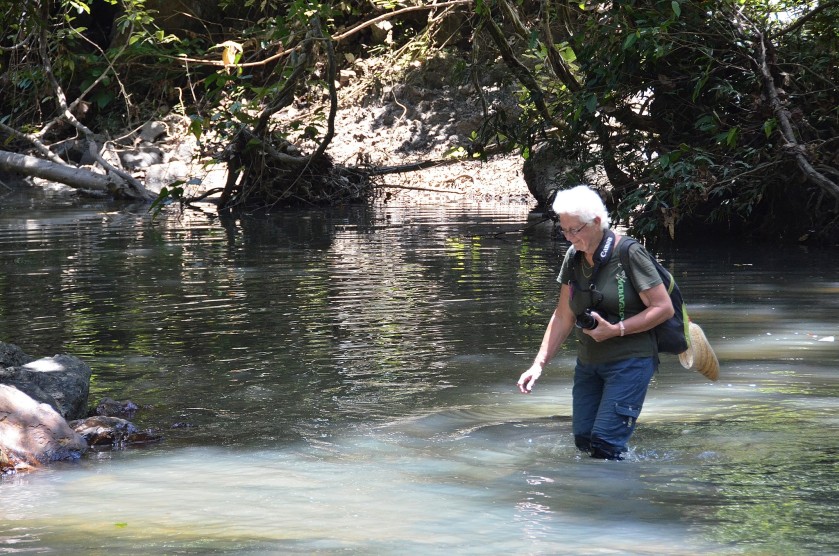
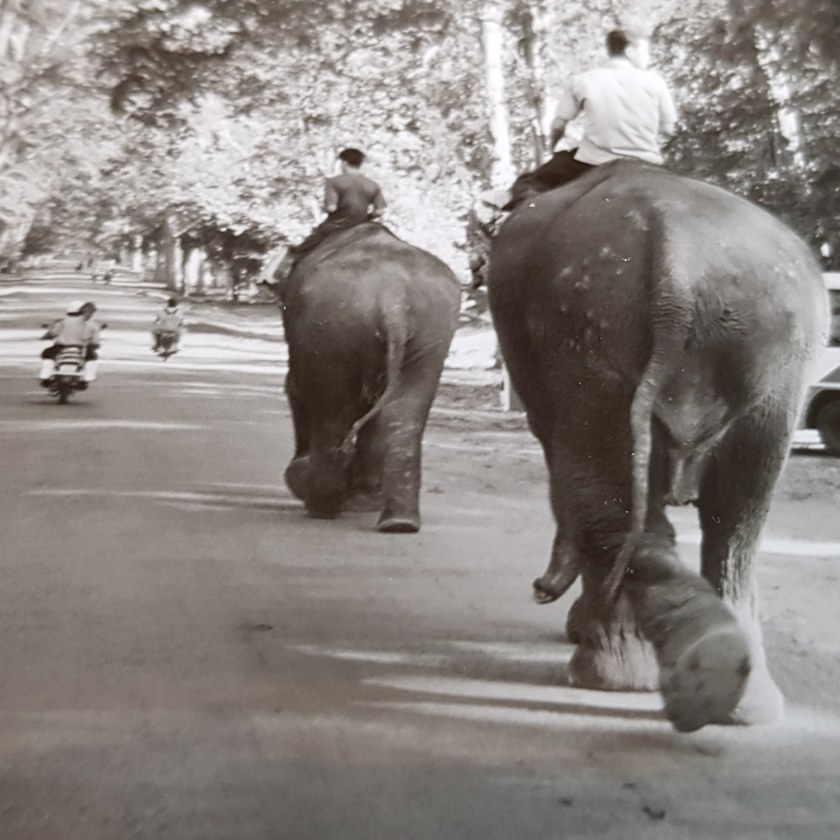
Cambodia 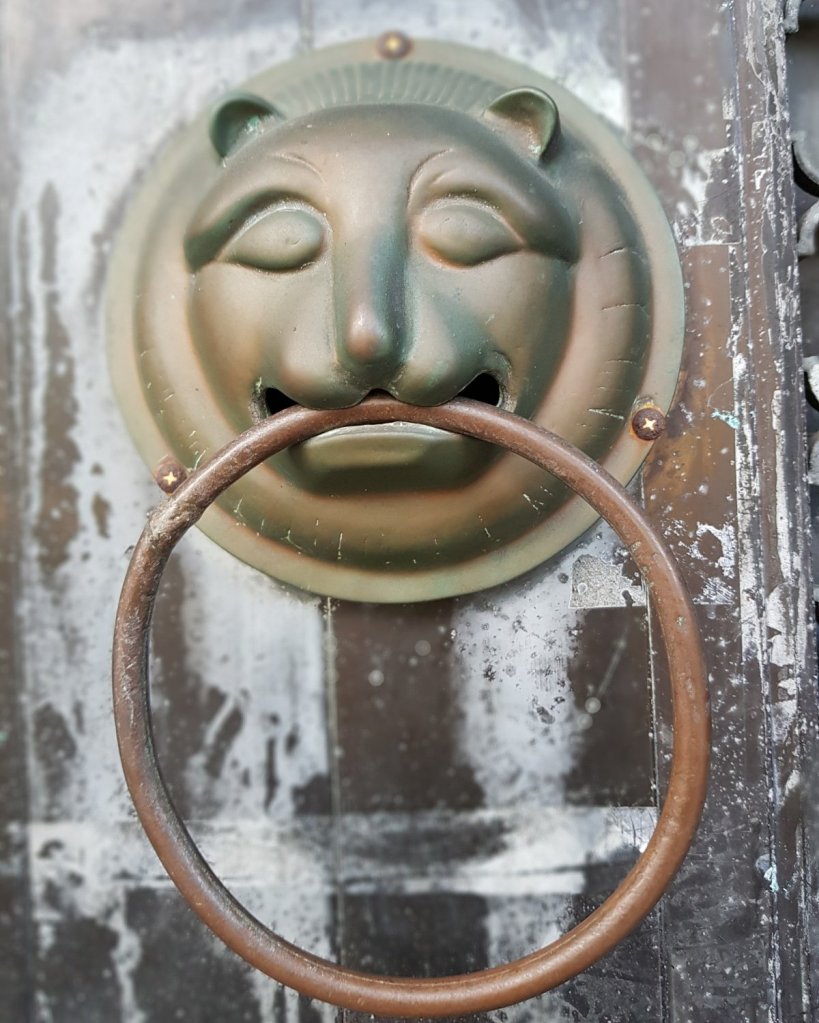
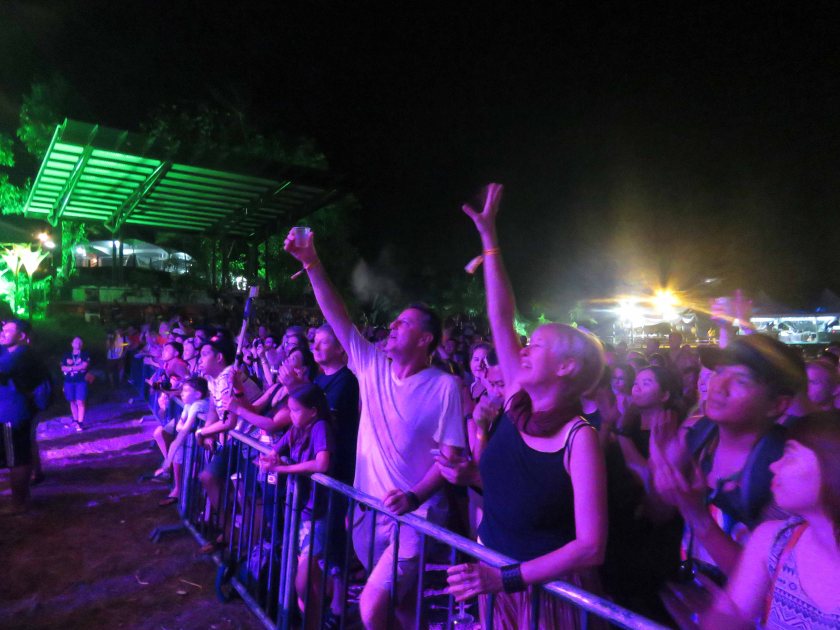
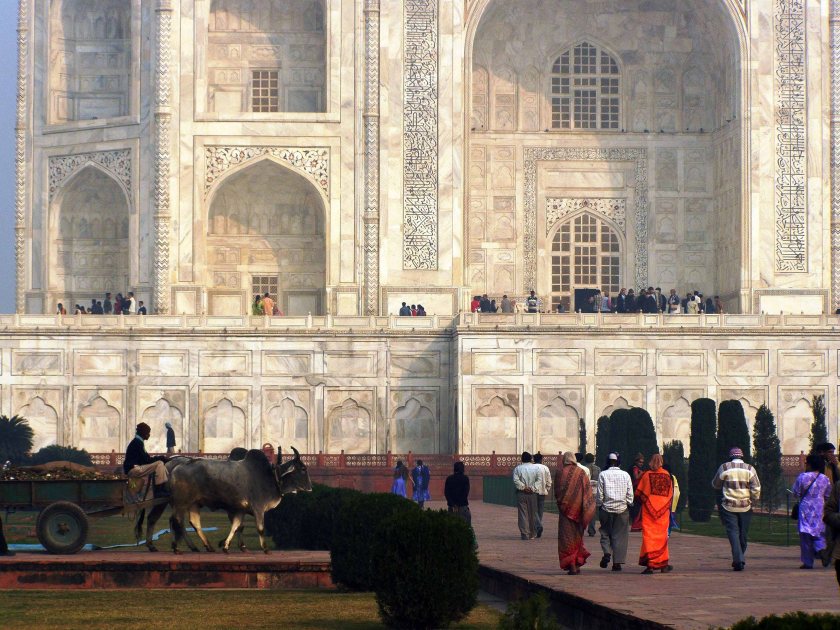
OLYMPUS DIGITAL CAMERA 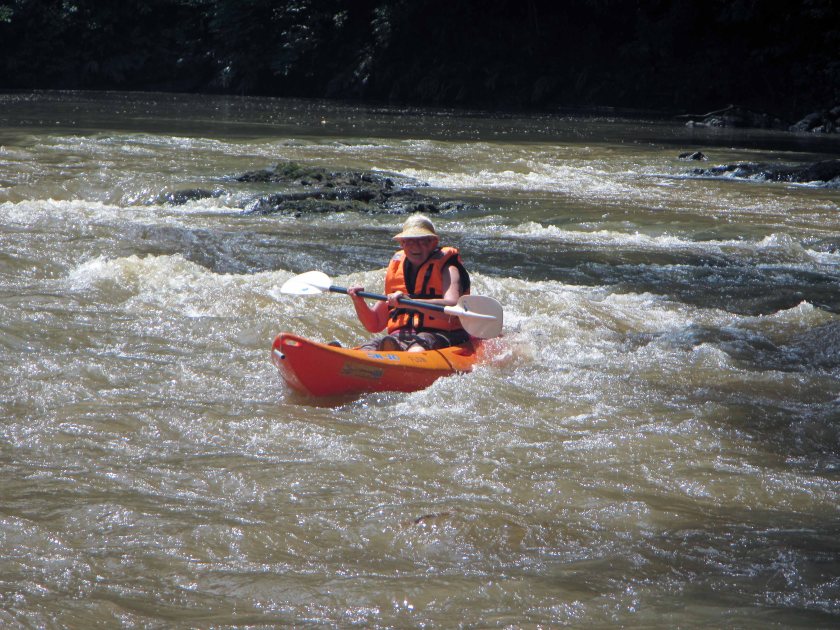
at work in Malaysian Borneo 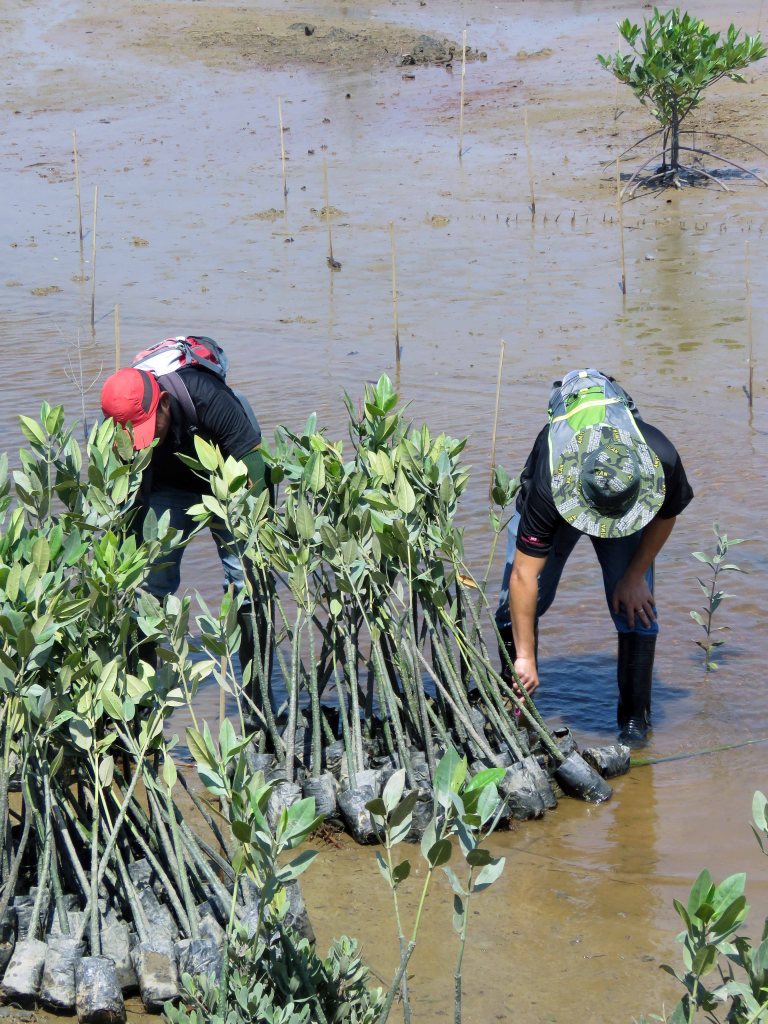
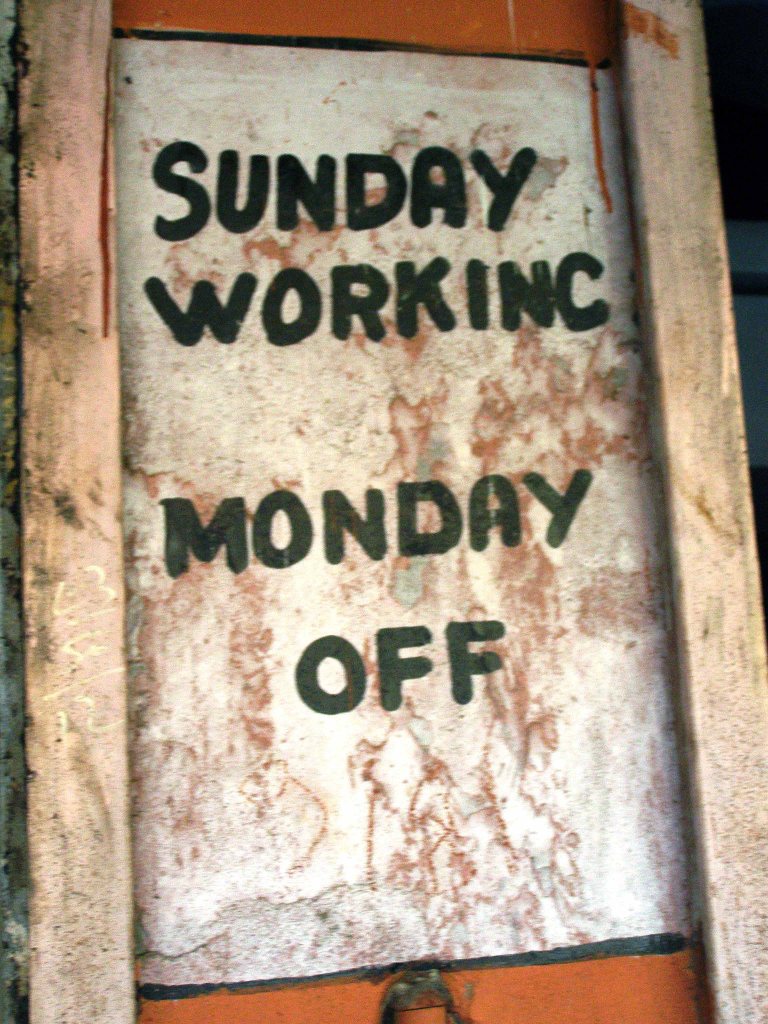
Mumbai train station 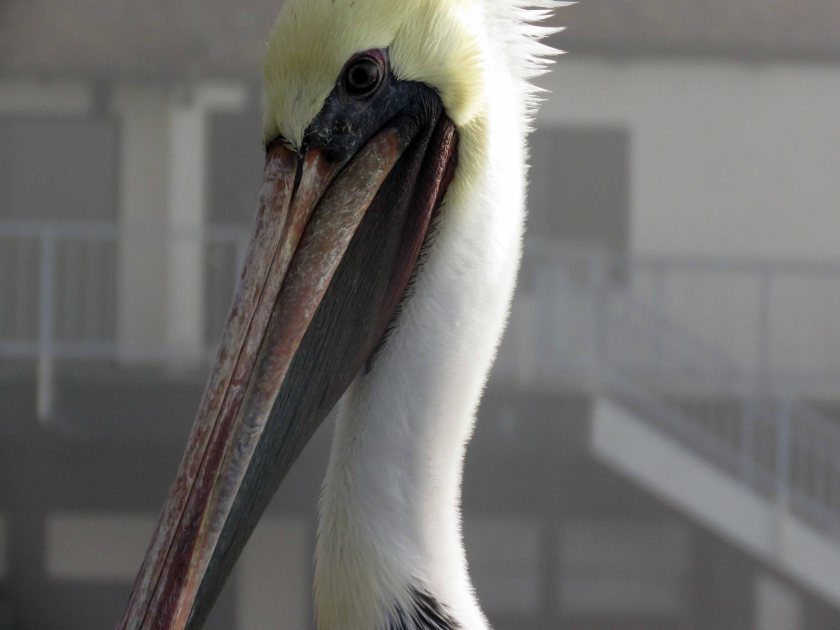
Pelican in Florida 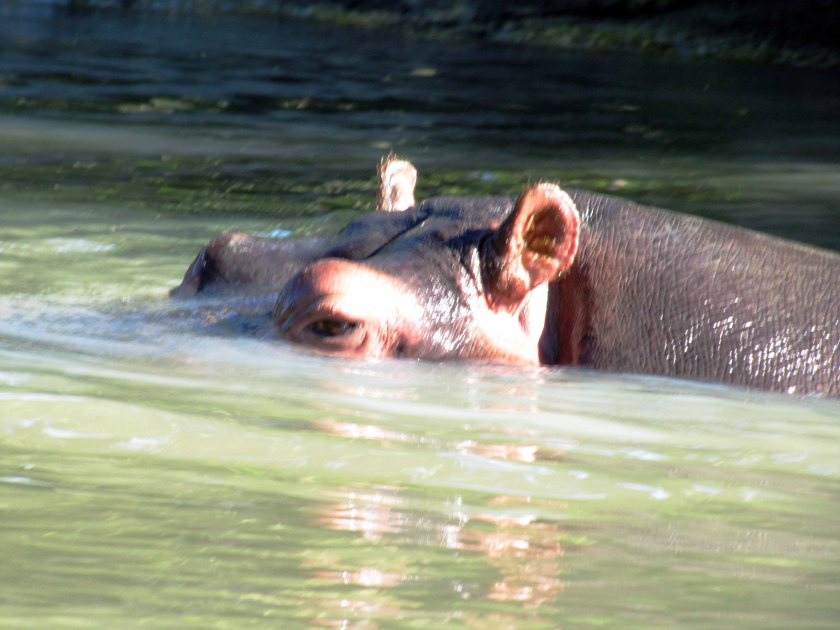
Hippos kill manypeople

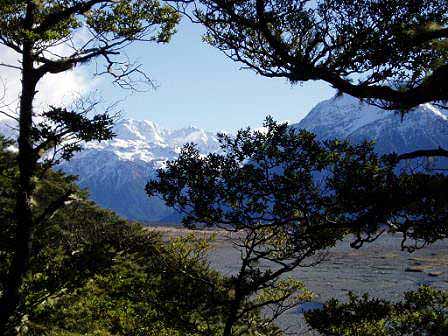

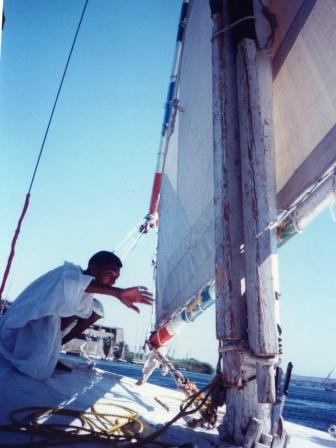








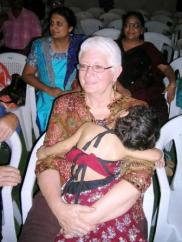

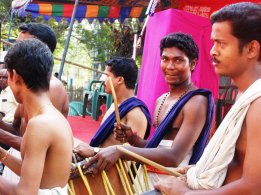

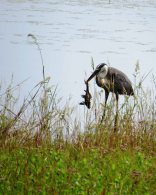














 With my lack of other languages, how far will miming get me? My mind has a long conversation with itself until I finally push these concerns away, practice living in the now, staying in the moment and leaving the future to arrive, and be worried about, when it is due.
With my lack of other languages, how far will miming get me? My mind has a long conversation with itself until I finally push these concerns away, practice living in the now, staying in the moment and leaving the future to arrive, and be worried about, when it is due.